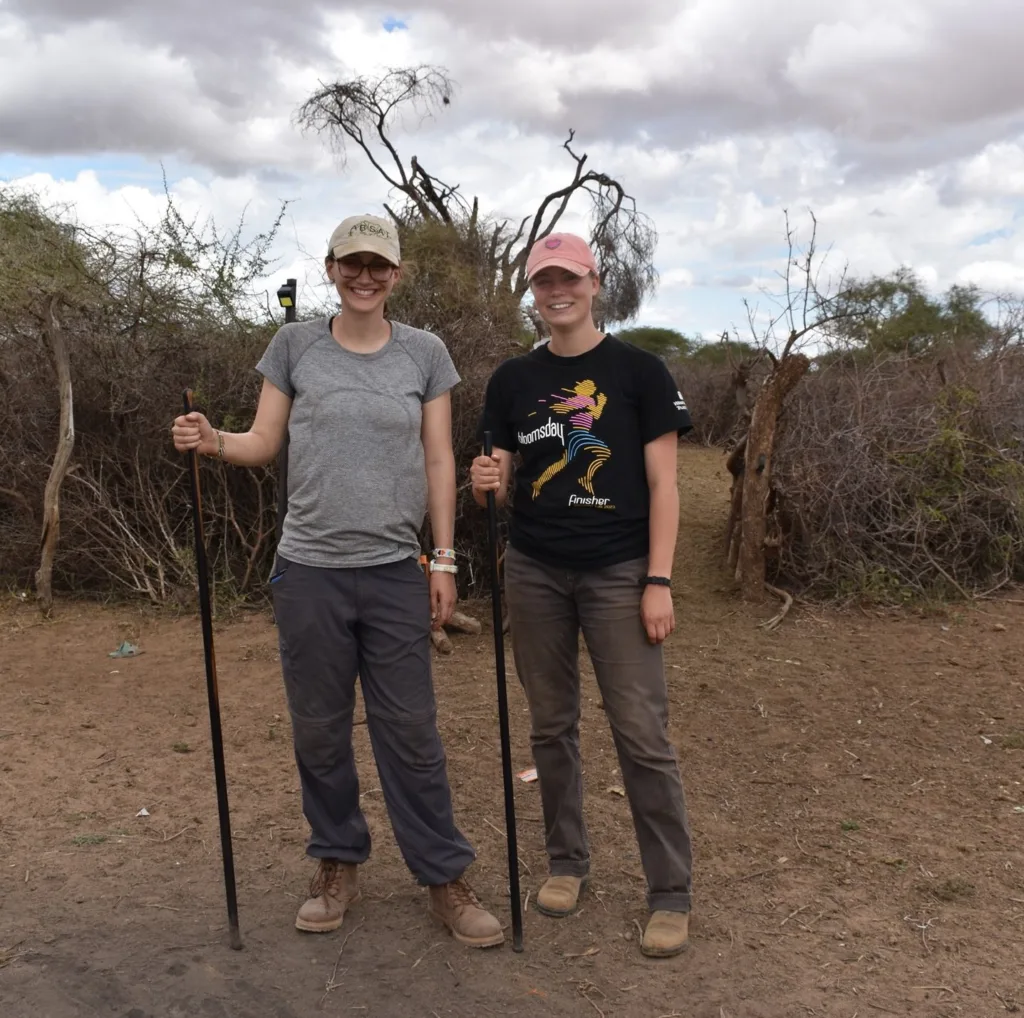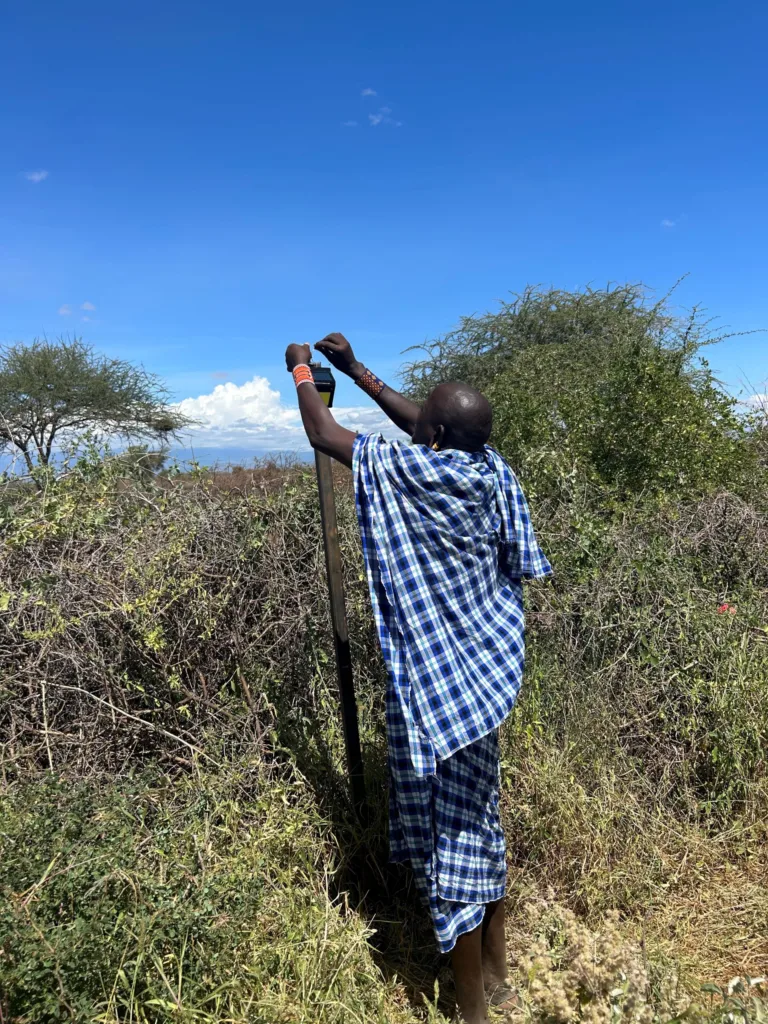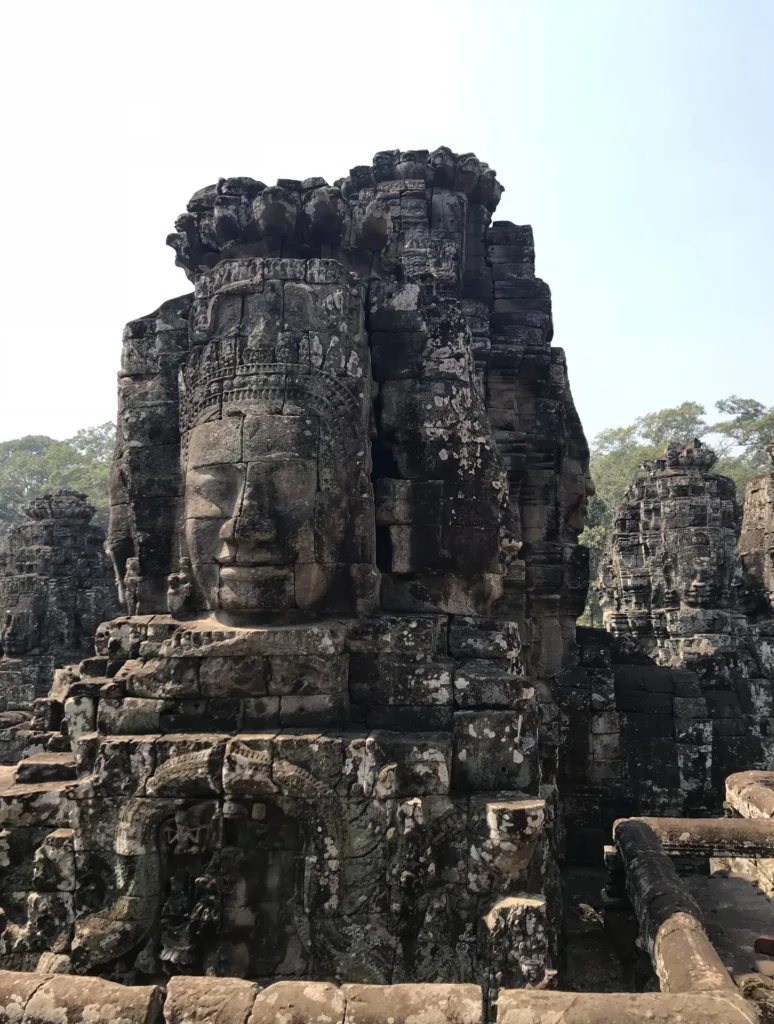Alumni Profile: Adam Miller
Early morning bird watching, afternoons in reforestation sites, evenings with spotlights searching for nocturnal mammals…this is all part of a typical day at The School for Field Studies (SFS) Rainforest Studies program in Australia.
My time at SFS allowed me to take my first steps in learning what tropical conservation ecology looks like, something that had proven difficult in the arid dry climate of the rocky mountains where I went to school. However, looking back at my time, it is difficult to choose which was more significant: the rich ecosystems and field experiences, or the amazing group of educators and peers that, to this day, mark one of the most influential groups of people in my life. Today, although we are scattered across the globe, the amazing accomplishments and tales of our group live on and continue to grow. From starting organic farms; researching marine life in Alaska; studying chemical ecology in Germany; helping preserve the redwood forests; to hiking the Pacific Crest Trail to raise funding for conservation, the peers I shared my experience with are tackling today’s biggest conservation issues.
After I graduated from Colorado State University, I was lucky to be selected for a prestigious Fulbright Fellowship in Indonesia. For my fellowship I chose to partake in the English Teaching Assistantship program rather than a research grant in order to engulf myself in local culture. For my side project I created and managed an environmental education and outreach program that focused on building leadership and analytical skills in high school students through environmental science.
The success of these environmental outreach programs directly led to the creation of a non-profit called Planet Indonesia with three of my Indonesian peers. Planet Indonesia is dedicated to the conservation of Indonesia’s ecosystems and communities through fostering sustainable relationships between humans, economies, and the natural world. We work to create and support local initiatives that integrate development with conservation by balancing human livelihoods with ecological outcomes.
Today, our reach is quickly expanding. We are exploring innovative models to tackle conservation issues in new ways. For example, one of our newest projects ties cultural preservation, economic development, and conservation together through the sharing and selling of local art projects. We provide greenhouses and places to sell goods in order to decrease producers’ reliance on forest goods (i.e. decreasing logging), increase the quality and price of their goods (by providing high quality raw goods), and foster cultural sharing and learning. Cultural preservation is often overlooked in the focus of many modern day environmentally focused non-profits. However, we believe that combining cultural preservation with conservation by drawing on historical connections with nature is a powerful tool. Other avenues of our work focus on restoring ecosystem services to communities through reforestation of coastal mangroves, one of the world’s most undervalued ecosystems. We utilize incentive funds where communities are rewarded for the higher survival rates in restoration plots. This project restores ecosystem services mangrove forests provide (i.e. fisheries, storm protection, carbon sequestration), acts as an educational tool and place of learning, and helps develop economic stability by using conservation incentive funds.
Looking back at the process of creating this organization, I see hints of my time at SFS throughout. Discussions with peers and professors helped solidify my understanding of how conservation is only possible when livelihoods are balanced, making reforestation for the people as much as for the forest. My time at SFS also helped build my understanding of how to use analytical techniques to guide conservation planning. All of this has been necessary in shaping and expanding Planet Indonesia.
Learn more at www.planetindonesia.org.
Related Posts

Alumni Reflections: Stories of the Return to Kenya

